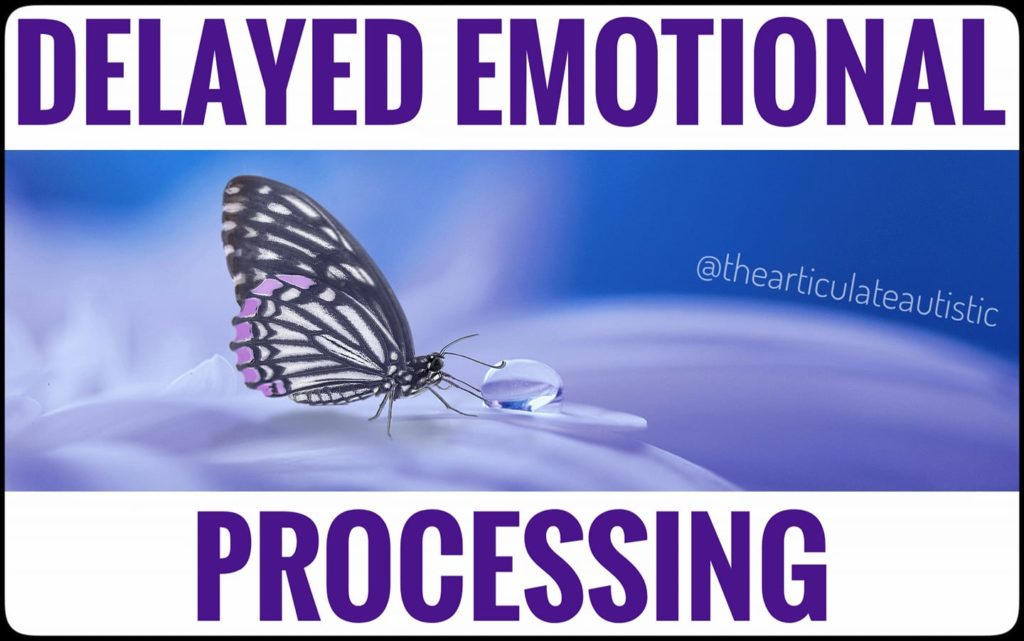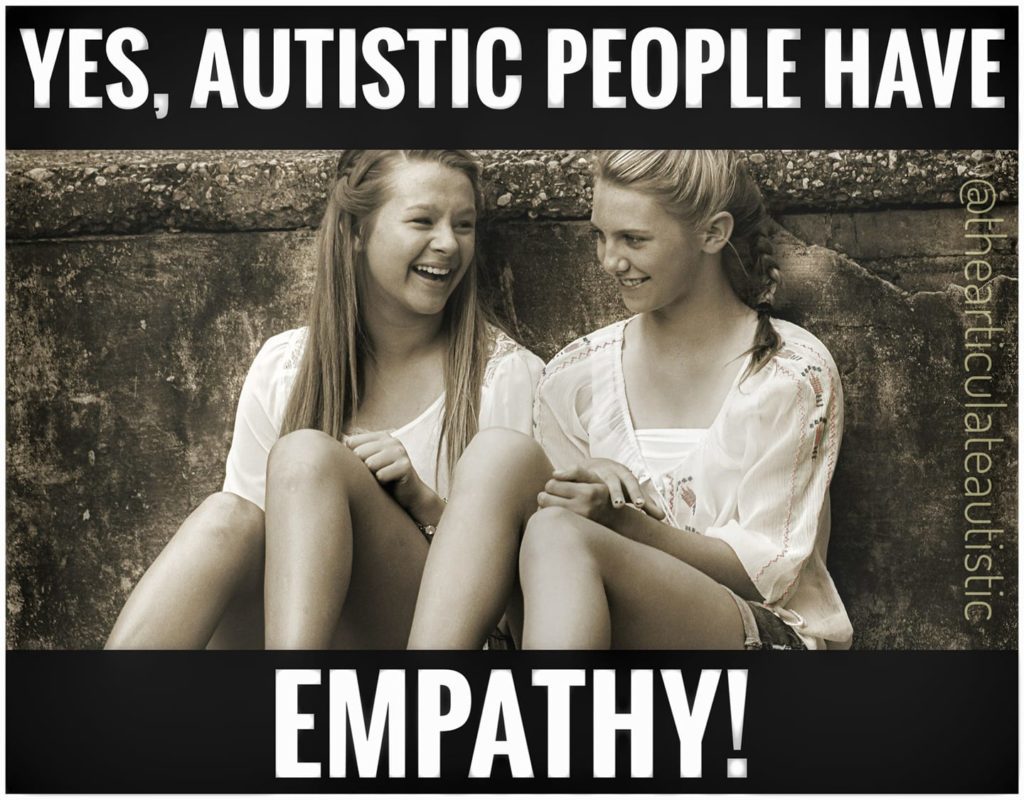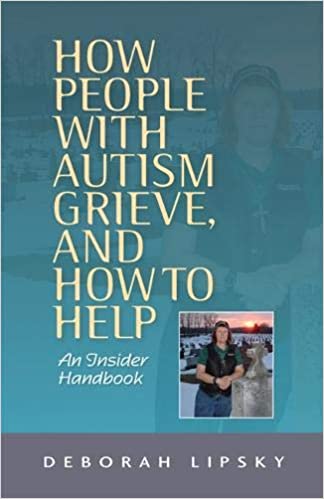Many Autistic People Experience Delayed Emotional Processing

I know that delayed emotional processing is something I have dealt with my entire life. Something happens on a Friday, I’m breaking down on the following Tuesday. I’m the picture of calm in a tense moment, and I have a meltdown or shutdown later. I get into an argument with someone in 2015, I finally understand something critical that I didn’t understand before in 2019, and proceed to burst into tears and grieve more deeply than ever before.
This is my life. It’s as “normal” to me as breathing. I never realized that this was something autistic people experienced until only a few years ago. I didn’t even know what it was called.
Delayed emotional response and processing can look very confusing to others because, on the one hand, we appear cold and emotionless when a troubling event is taking place, and, on the other hand, we look emotionally unstable when all the feelings hit us at once at, say, a birthday party a week later.

– Jaime A. Heidel
It’s almost impossible to explain in the moment, and, if we do try, we get accused of “living in the past” because everyone has already dealt with said situation and moved on.
(Article continues below.)
The best way to improve communication with your autistic loved one is to understand how your autistic loved one’s mind works! Intentions, motivations, and personal expressions (facial expressions or lack thereof, body language, etc.), are often quite different in autistic people than they are in neurotypical people.
Experience a better understanding of your autistic loved one by reading books about life from an autistic perspective as well as stories that feature autistic characters. You’ll have so many “Ah ha!” moments and start seeing your autistic loved one in a different light (and you’ll have a better understanding of their behaviors, which you may have been misinterpreting up until now).
Books I recommend for a better understanding of your autistic loved one:
We get accused of holding grudges because of this, as well.
In addition, we may also get accused of “being dramatic” because we may appear to be overreacting to one situation (let’s say someone raised their voice in slight annoyance), but we have a complete meltdown because that slight raising of the voice in the present caused ALL THE STRESS we’ve been carrying for the past few months to suddenly come out in one tear-filled, stammering, sobbing emotional explosion.
Now, I know people with PTSD experience this, too. I also have PTSD as well as being on the spectrum, so I think my own delayed emotional processing may overlap in this case.
Follow me on Instagram.
Want downloadable, PDF-format copies of these blog posts to print and use with your loved ones or small class? Click here to become a Patreon supporter!Image








1 Response
[…] Another reason why I, as an autistic person, may seem calm when I’m very anxious or even in a very intense situation is delayed emotional processing. […]